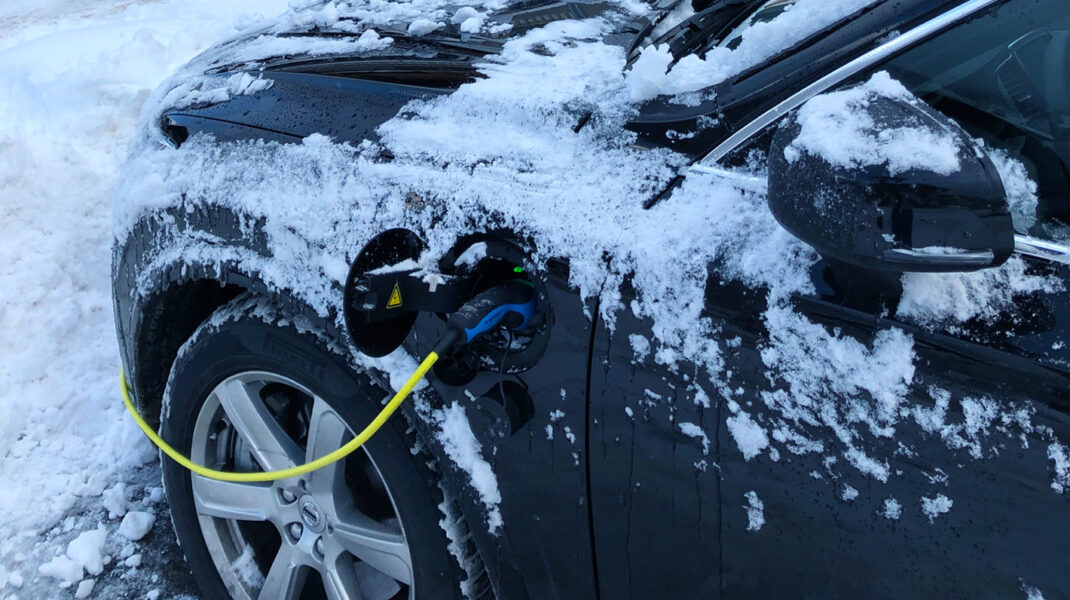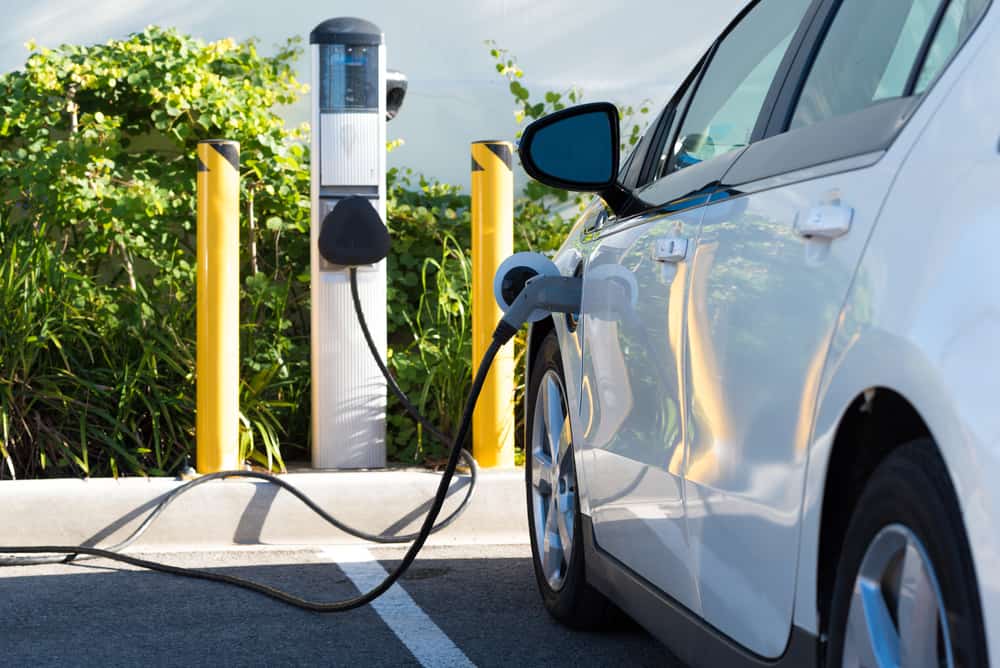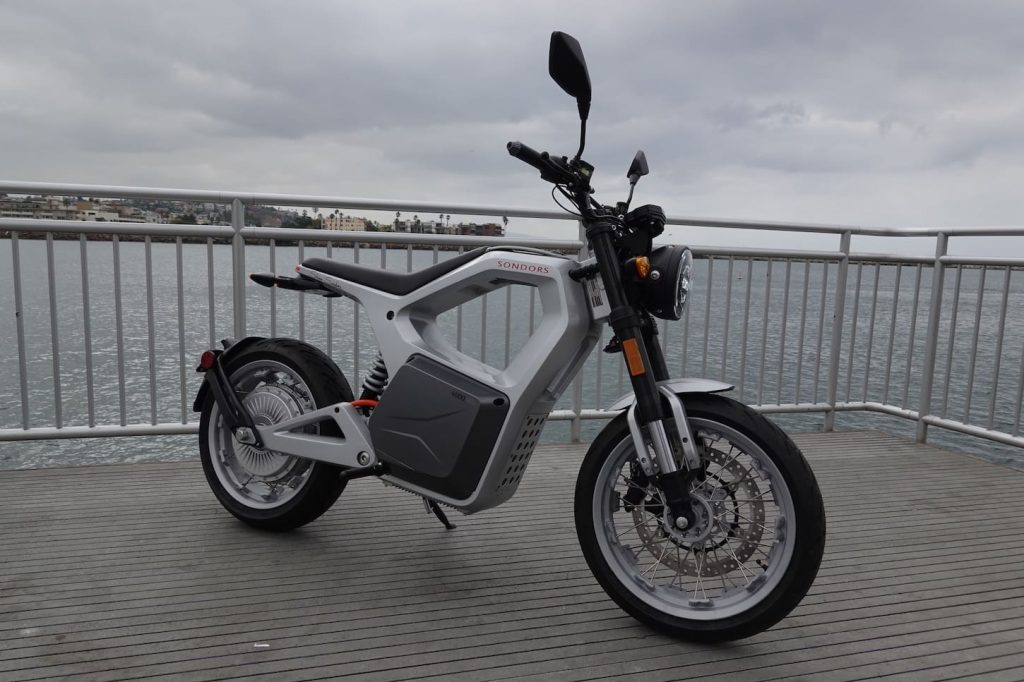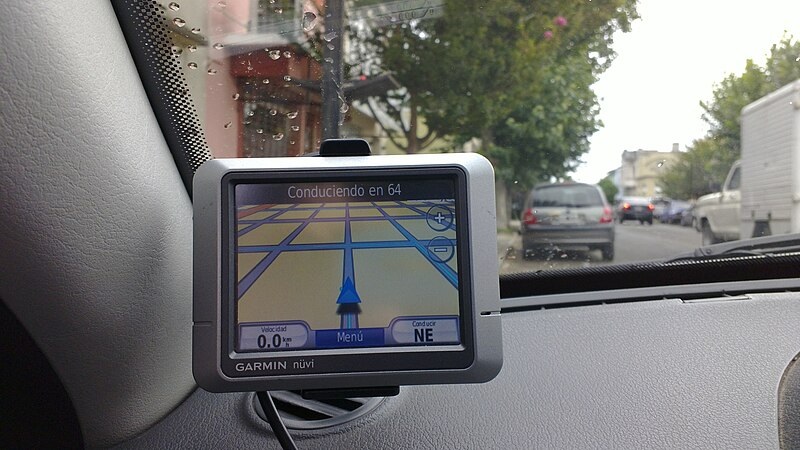Electric vehicles (EVs) are becoming increasingly popular due to their eco-friendly nature and low operating costs. However, one of the biggest concerns for EV owners is how cold weather affects their vehicle’s performance. In this article, we will analyze the impact of cold weather on electric vehicle performance and provide tips for EV owners to optimize their driving experience in the winter months.
How Does Cold Weather Affect Electric Vehicle Performance?
Cold weather can have a significant impact on the performance of electric vehicles. One of the main challenges is the effect on the battery. Batteries tend to perform poorly in cold temperatures, reducing their range and overall performance. This is because the chemical reactions that occur within the battery are slowed down in cold temperatures, reducing the amount of energy that can be stored and released.
In addition to battery performance, cold weather can also impact the efficiency of the electric motor. When the temperature drops, the motor’s lubricants become thicker, making it harder for the motor to turn. This can cause a reduction in driving performance and range.
Tips for Optimizing Electric Vehicle Performance in Cold Weather
Despite the challenges posed by cold weather, there are several tips that EV owners can follow to optimize their vehicle’s performance:
- Preheat the Battery: One of the best ways to improve battery performance in cold weather is to preheat the battery before use. Most EVs have a preheating function that can be activated remotely using a smartphone app. This will warm up the battery and improve its performance.
- Use Regenerative Braking: Regenerative braking is a feature found in most electric vehicles that recovers energy from braking and uses it to recharge the battery. By using regenerative braking, EV owners can reduce the amount of energy used to brake, which can help to offset the reduced range caused by cold weather.
- Avoid Rapid Acceleration: Rapid acceleration can cause a significant drain on the battery, reducing range and overall performance. In cold weather, it’s especially important to avoid rapid acceleration as it can exacerbate the effects of cold weather on the battery.
- Use Cabin Heating Sparingly: Cabin heating is one of the biggest energy drains in electric vehicles. In cold weather, it’s important to use cabin heating sparingly in order to preserve battery life. Instead, try using heated seats or a heated steering wheel to stay warm.
- Consider Winter Tires: Winter tires are designed to provide better traction in cold weather, which can help to improve overall driving performance and range. Consider investing in a set of winter tires if you live in an area with particularly harsh winters.
Conclusion
Cold weather can have a significant impact on the performance of electric vehicles, particularly in terms of battery performance and range. However, by following the tips outlined in this article, EV owners can optimize their driving experience and minimize the impact of cold weather on their vehicle’s performance. With the right preparation and care, electric vehicles can be a great choice for winter driving.




